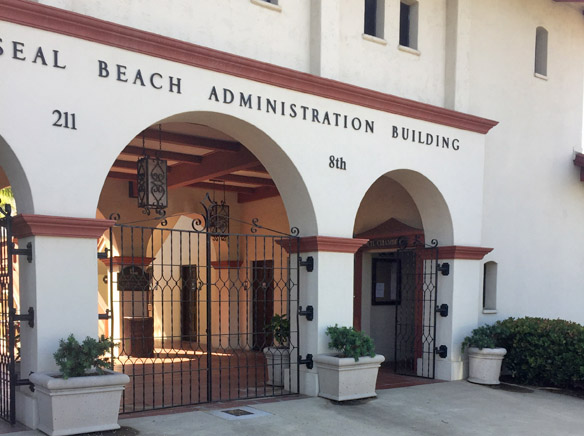The Seal Beach City Council officially opposes State Senate Bill 9. The council this week authorized the mayor to send that message to the Sen. Toni Atkins, president pro tem of the California Senate. She was also one of the senators who introduce the bill last December. Supporters of the bill argue it would promote increased housing. Critics argue it would take away local control of land use, such as mandating increased density in residential areas.
This was an item on the Consent Calendar. Items on the calendar are voted on collectively, without discussion, unless pulled from the Consent Calendar for separate consideration.
Nothing was pulled from the Consent Calendar this week. The vote was unanimous.
In related news, Mayor/District One Councilman Joe Kalmick plans to meet with State Senator Tom Umberg later this month to talk about SB9. According to Kalmick, the California Coastal Commission doesn’t want coastal cities increasing residential density in the coastal zone, which in Seal Beach extends to Westminster Avenue.
Kalmick said he wants Umberg to know about the issues facing cities in the coastal zone.
“The political pressure has to be applied I believe if anything is to be done about SB9,” Kalmick said.
About SB9
“SB 9 (Atkins) proposes to remove local control of what gets built in single-family residential zones,” wrote Les Johnson, Community Development director in his staff report to the council.
In December, Sen. Atkins’ office issued a statement that reported SB9 “allows more homeowners to create a duplex or subdivide an existing lot in residential areas.”
Background
According to Johnson, SB9 in its current form would require that local governments give administrative approval to any development of two living units in single-family zones.
According to Johnson, local governments would have to allow the conversion of an existing house into a duplex and add another dwelling unit to the same land.
(The smaller units in question are officially known as accessory dwelling units (or “granny flats”) and junior accessory dwelling units. “Accessory Dwelling Units (ADUs) have been known by many names: granny flats, in-law units, backyard cottages, secondary units and more,” according to the California Housing and Community Development Department. “Junior Accessory Dwelling Units (JADUs) are allowed to be created within the walls of a proposed or existing single-family residence and shall contain no more than 500 square feet.”)
SB9 would also require local governments give administrative approval to splitting a single-family lot into two lots and allow the construction of one single-family home, one ADU, and one JADU, according to Johnson.
“Allowing this to occur will result in development at a density and intensity well beyond what is currently experienced in or intended for the City’s single-family residential zoning districts,” Johnson wrote.
“Such an allowance would have the potential of adversely impacting quality of life in these areas of our community, including demand upon emergency services, public infrastructure, utilities, and schools,” Johnson wrote.












